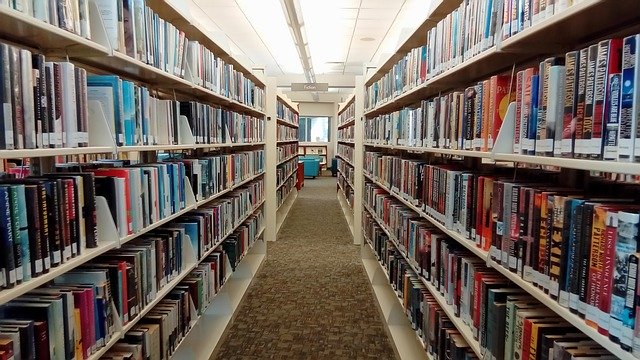Students and teachers in Shenandoah County are gearing up to begin a very different school year. Instead of chalk dust and desks, instruction has shifted to screens and the internet. Although it presents many challenges, I have no doubt that students and teachers will rise to the occasion until they can meet in person once again.
One thing that has not changed is the use of textbooks. At this time during my high school years, I would have been frantically searching the classifieds and Helping Hand for used books. Although many are now online, the concept of transmitting information by written words is still a primary educational method.

While hard copies, and now electronic ones are used, educators have long understood that students learn in other ways too. As an Agriculture Instructor, I was fortunate to teach many lessons in the fields, forests, and shop. Other students learn through music and art while still others thrive with additional methods.
God also reveals Himself and His will to us through many means that we might think of as a free library for enlightenment. He has provided a Book of Creation that reveals His nature in many ways. We find His attention to detail in the smallest atom and largest galaxy and we observe His power in volcanos and hurricanes. We clearly see plants growing toward light reminding us to do the same.
God also instructs us through the Book of Relationships. Through our family and friends, we learn of God’s love, compassion, justice, and mercy. The astute pupil can gain much insight regarding God from our roles as parents, children, spouses, and friends.
Our jobs and occupations constitute another instruction manual. No matter our employment, God can reveal truths about Himself from our work. Accountants comprehend Jesus’ payment of our sin-debt, concrete workers understand soft and hard hearts, and builders appreciate firm foundations.
God also teaches us through the Book of Hobbies. How many life lessons are available on the golf course for those paying attention? Gardening illustrates God’s truths of sowing and reaping as well as our need to stay connected to His vine. Cooking helps us understand lessons of leaven and salt. In athletics, we learn the value of teamwork and trusting our coach. Even hunting and fishing hold teachable moments in which we can be schooled by the Great Teacher.
For those willing to study it, God has also provided a Book of History. As we examine humans who have lived before us, we can learn much from their successes and failures, rises and falls, and the futility of their godless endeavors. We gain insight into people’s souls as we study their stories. The Book of Israel itself is a multi-volume revelation of God’s plans and purposes that span several millennia right up to the present day.
Of course the one none of us voluntarily pick up is the Book of Pain, but there is much to learn even from its unpleasant chapters. It is often thrust into our hands to learn lessons we resist by other means.
There is one book, however, that should be required of every student of life and school and that is the Bible. In this book of books, God reveals Himself most clearly and expresses His will directly. This book is necessary to properly interpret and understand all the others in life’s library. History’s greatest men and women recognized the superiority of this one Book over all the rest. George Washington, Abraham Lincoln, William Wilberforce, Helen Keller, and many others all indicated how vital this book is.
Life consists of a huge bookshelf. God wants to instruct us daily that we might grow in our knowledge of Him, each other, and His will. Only a fool ignores this rich library of learning. Too often we get so distracted by our day to day lives that we fail to see, hear, taste, smell, or feel the lessons God wants to teach us. As our students dig into their books, may we invite God to instruct us through all of life’s books.
Blessings, George